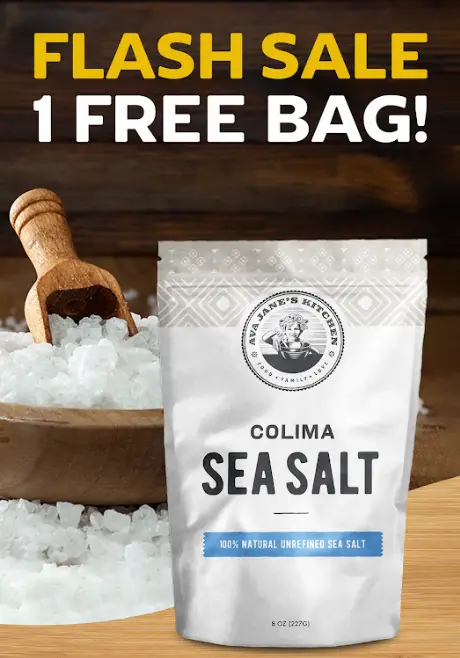
As the interest in natural health has piqued, more and more people have begun to seek natural alternatives and supplementary herbs and plants that haven’t quite hit the mainstream.
Considering that there are many tens of thousands of plants that still haven’t been adequately studied yet for their healing potential, there still exists the potential for amazing new natural remedies that science hasn’t discovered yet.
Some of the science on the following six plants is not as advanced as other top natural remedies like turmeric, garlic, and ginger for example, but it’s all quite promising, especially when it comes to their cancer-killing potential.
It should be noted that this information is for informational purposes only and does not constitute medical advice. That being said, these cancer-killing plants are definitely worth looking into, and asking your naturopathic doctor about to see if they may be worth supplementing with.
1. Brucea Javanica- There’s nothing less exciting in the world of plants than a shrub, or at least that’s what the world thought before learning of the amazing benefits of this southeast Asian and northern Australian variety.
It’s long been used in Chinese medicine for its anti-cancer properties and has shown its effectiveness in trials against breast cancer, bladder cancer and even leukemia.
Not bad for a boring little shrub.

Soursop, from the graviola tree.
2. Graviola- A tree that grows mostly in South America and produces the Internet-famous soursop fruit, Graviola extracts are one of the most potent cancer-killing substances that are not quite as well known as they should be.
Studies at Purdue University showed its ability to selectively kill cancer cells and the Cancer Research UK organization also noted that it can kill some types of liver and breast cancer cells that are resistant to certain chemotherapy and drug-related treatments.
“But there haven’t been any large-sale studies in humans, so we don’t know yet whether it can work as a cancer treatment or not,” they said (well, “Why not, what are you waiting for?” a reasonable person might say).
3. Paw Paw- This tropical-looking plant and fruit is similar to a papaya (only green) and grows in the Midwest of the U.S., believe or not, and perhaps even more remarkable is that it may be the strongest anti-cancer plant on both American continents according to the same large-scale in vitro Purdue study that also tested Graviola.
Unfortunately (stop me if you’ve heard this one before), no large-scale human trials have been undertaken just yet.
4. Fucoidan- The best anti-cancer plants aren’t only relegated the land: the sea plant fucoidan is also one of the strongest out there.
The March 2011 issue of Phytotherapy Research suggests that fucoidan stopped some lung cancer cells from proliferating and triggered the death of cancer cells (aptosis, a programmed natural procedure in the body). Another study from the October 2011 issue of the International Journal of Biological Macromolecules also found that it is capable of killing lung cancer cells while boosting white blood cell counts.
Most of us wouldn’t recognize it if it were growing in our backyard pond, but that doesn’t mean it’s not nice to know it’s there if we need it!
5. Artemisinin- Made from the sweet wormwood plant, this is another longtime Chinese herb that appears capable of seeking out cancer cells while leaving virtually all of the healthy ones unharmed (the ratio was about 12,000 to 1 according to one study).
6. Lei Gong Teng- You may know this one as the “thunder god vine,” if you’ve been paying attention to the myriad Internet heath memes making the rounds, and yes, this one is in fact pretty strong against cancer cells, at least in preliminary studies.
It is also adept at inducing cancer cell apoptosis according to this study, with specific anti-leukemic effects. It does have possible side effects to be aware of like the other items on this list so be sure to do your homework first with a professional.
That being said, it’s good that we all know more about these potential life savers now. So, what’s the next step?
How about some actual large scale human trials to find out the truth!
Thanks for reading! P.S. You can join millions watching The Truth About Cancer (free & online), click here to learn more.
This article is for informational purposes and is not intended to treat, diagnose, prevent or cure any diseases. Consult a licensed naturopathic doctor before making any changes.
Thanks for installing the Bottom of every post plugin by Corey Salzano. Contact me if you need custom WordPress plugins or website design.














